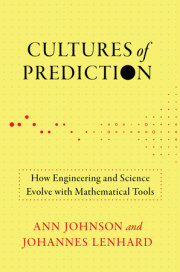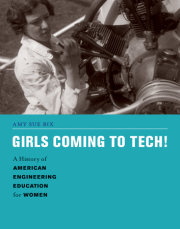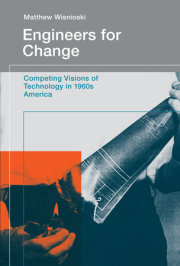Contributors
Acknowledgements
1. Introduction: Toward an Engineered World
Edward Beatty & Israel G. Solares
2. “A Man of Many Parts”: Consulting Engineers and the Engineering of Mass Mining Capitalism
Stephen Tuffnell
3. “Engineering Scientists” in Mexico, 1876-1911: The Case of Meteorology
Mikael Wolfe
4. Cornerstone of That New Imperialism: U.S. Mining Engineers and Labor Management in Southern Africa, 1890-1910
Doug Jones
5. Engineering Mobilities across East Asia: China at the Intersection of Local, Regional, and Global Interactions
Elisabeth Köll
6. Engineering Knowledge and the Emergence of China as a Global Leader in Antimony Production
Mark Hendrickson
7. French Mining Capitalism Abroad: Mobility of Engineers, Technology Transfer and Investments Flows
Marco Bertilorenzi
8. From Eminent Engineer to Authority on Economic Planning: Sir M. Visvesvaraya in Interwar India
Aparajith Ramnath
9. The Globalization of American Engineers: U.S. International Development Policy and the Armour Research Foundation.
Aurora Gómez-Galvarriato
10. Conclusions: Mobilities and the Emergence of a Global Profession
Edward Beatty & Israel G. Solares
Selected References
Notes










